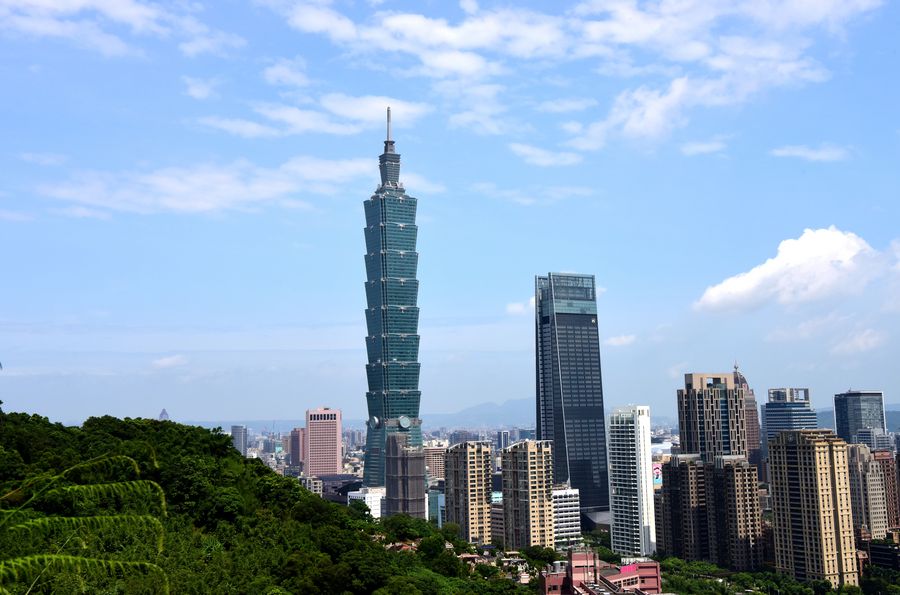Lai tries to be savvy, but no hiding his true colors:China Daily editorial
chinadaily.com.cn | Updated: 2024-01-01 19:16

In a televised debate between candidates vying to lead the next government on Taiwan island on Saturday, Lai Ching-te of the secessionist-minded Democratic Progressive Party chose to beat around the bush while taking a question on how he would pursue "Taiwan independence" if elected.
Having done his homework to ensure his reply was in accordance with not only the policy of the current DPP authorities but also that of the United States, Lai tried to play the "peace" card and downplay his separatist stance.
Yet he revealed his true colors by saying that "the two sides of Taiwan Strait do not belong to each other". He should be aware that the island cannot be separated from the motherland, and seeking its "independence" is not the path to peaceful cross-Strait relations.
By emphasizing that he will try to maintain the "status quo" and strive to maintain cross-Strait "peace and stability", Lai tried to pass the buck for any disrupting of those to the Chinese mainland. And even though he avoided referring to Taiwan as an "independent state", which the island's current leader Tsai Ing-wen has done on a number of occasions, Lai sought to create the illusion that the island is already "independent" by claiming that "Taiwan sovereignty belongs to the Taiwan people".
Thus while trying to avoid giving the impression that if elected the island will be a willing proxy — or patsy — of Washington, by pledging to maintain the "status quo", he is already proclaiming himself to be the defender of "Taiwan independence" and setting the island on a collision course with the Chinese mainland.
What Lai is peddling is actually no different from what Tsai has peddled. It is all about the fallacy of "Taiwan independence" and the cliche of the "two nations theory". Despite his attempts to pretend to be championing peace, Lai's confrontational thinking and his readiness to try and use Washington's backing as bulwark for an insidious creep toward the island's "independence" are crystal clear. His political maneuverings will not achieve that purpose, even though he is trying to prove that he can do that more skillfully than Tsai did.
Since taking office in 2016, the DPP authorities of Taiwan island have refused to acknowledge the one-China principle and the 1992 Consensus, and engaged in provocative actions, deliberately undermining the peaceful development of cross-Strait relations, and forcefully obstructed and restricted cross-Strait exchanges and cooperation.
Lai's remarks show that he intends to act as another saboteur of ties with the mainland at the risk of damaging the interests of Taiwan compatriots and even triggering a cross-Strait conflict.
























